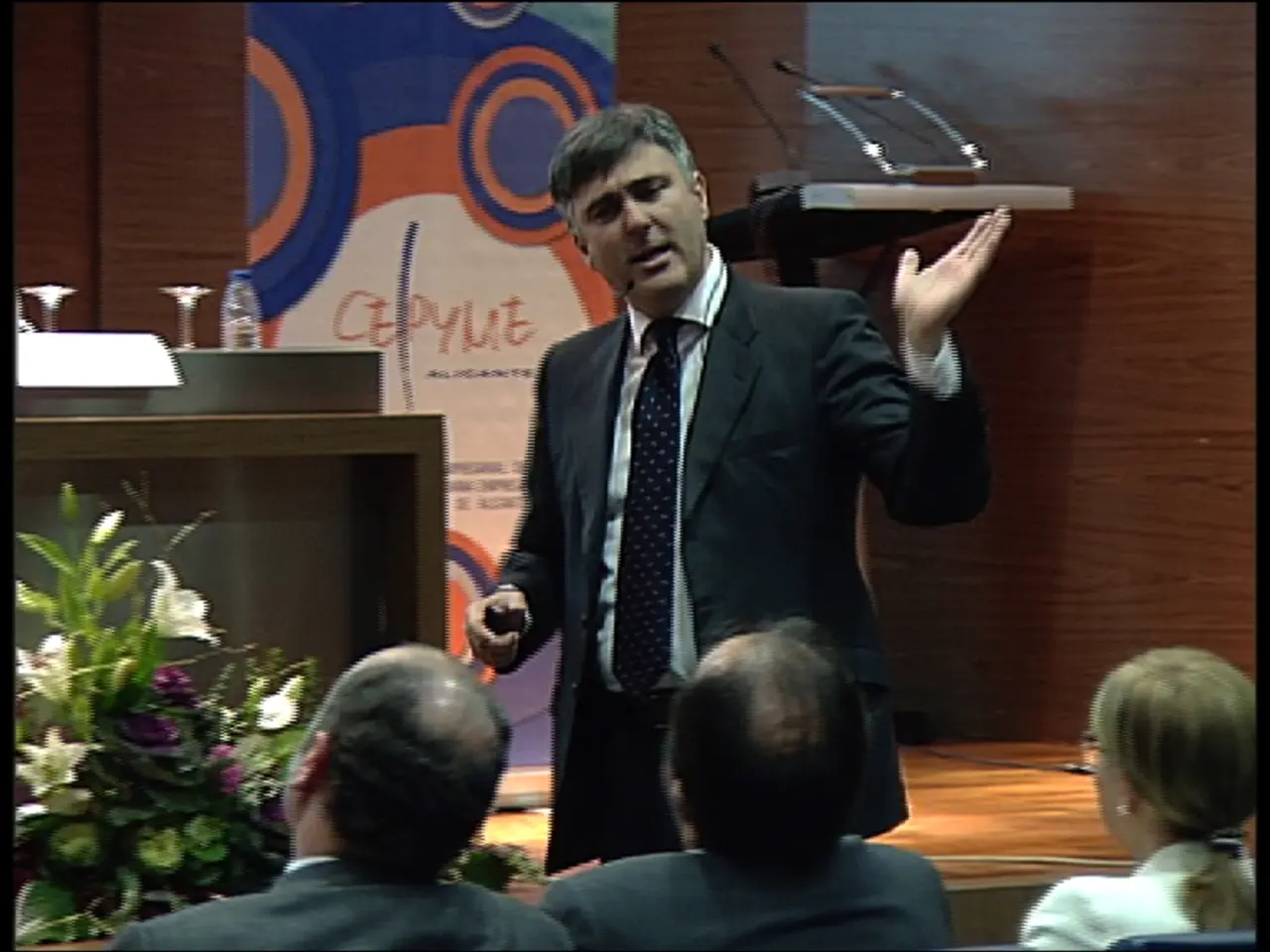Strategies for Recovery Following Multiple Sclerosis Attacks: Guidance for Regaining Strength
Multiple sclerosis (MS) is a challenging condition that affects the central nervous system, disrupting the communication between the brain and the body. However, an integrated approach combining medical treatments, lifestyle changes, and rehabilitation therapies offers a promising pathway for managing symptoms and recovering function.
In acute attacks, medical therapies such as high-dose corticosteroids, like intravenous methylprednisolone, are the usual first-line treatment. These help reduce inflammation and shorten the duration of symptoms but do not significantly impact long-term recovery. For those who do not respond to steroids, plasmapheresis (plasma exchange) may be an option. This treatment removes harmful antibodies from the blood and can contribute to recovery in severe, steroid-resistant attacks, though it is reserved for about 10% of cases where steroids are ineffective.
Disease-Modifying Therapies (DMTs) are used to reduce the frequency of attacks and slow disease progression. For example, treatment with certain interferons has shown a 34% reduction in attack frequency sustained over several years. For more aggressive or relapsing forms of MS, experimental therapies like autologous hematopoietic stem cell transplantation (aHSCT) show promise, but carry risks and are under investigation.
Lifestyle modifications play a crucial role in managing MS. Regular exercise, especially aquatic/aerobic exercise, is vital as it strengthens muscles, improves gait, coordination, and overall function while being low-impact and cooling, which is important because many people with MS are heat sensitive. Maintaining good sleep hygiene, aiming for at least 7 hours of quality sleep per night, supports symptom control. A healthy diet, rich in whole foods and vitamin D, while avoiding processed foods, can support overall health and potentially neuroprotection. Stress management and mind-body practices such as yoga or meditation may alleviate symptoms and improve quality of life, although evidence is limited and ongoing.
Rehabilitation therapies, including physical and occupational therapy, help maintain or regain mobility, balance, and independence. They can tailor individualized exercise and functional strategies and support socialization and peer support.
In addition to these strategies, symptom-specific medications and support, such as speech therapy for vocal strength, communication, and pronunciation, and medications for managing muscle spasms, depression, or fatigue, may be prescribed. Support networks, both in-person and online, can provide emotional support and practical advice, helping counteract the isolation associated with MS.
Managing stress can play a significant role in reducing the impact of MS on everyday life. People with MS may benefit from visiting a psychologist or counselor for psychotherapy, which can help them reconnect socially, build a support network, and develop coping mechanisms for the physical and emotional discomfort that might accompany an attack of symptoms.
In summary, an integrated approach combining medical treatments to manage acute attacks and prevent relapses, alongside lifestyle changes such as exercise, diet, good sleep, stress reduction, and rehabilitation therapies, offers the best pathway for managing symptoms and recovering function in MS. It is essential for individuals with MS, their families, and caregivers to work closely with healthcare professionals to develop a personalised management plan.
- Multiple sclerosis (MS) patients often experience acute attacks, which are typically treated with medical therapies like high-dose corticosteroids, such as intravenous methylprednisolone, to reduce inflammation and shorten symptom duration.
- For those who do not respond to steroids, plasmapheresis (plasma exchange) might be considered, as it removes harmful antibodies from the blood and could aid recovery in severe, steroid-resistant attacks.
- Disease-Modifying Therapies (DMTs) are used to reduce the frequency of MS attacks and slow disease progression, with certain interferons showing a 34% reduction in attack frequency over several years.
- Experimental therapies like autologous hematopoietic stem cell transplantation (aHSCT) show promise for aggressive or relapsing forms of MS, but they carry risks and are currently under investigation.
- Lifestyle modifications, including regular exercise, maintaining good sleep hygiene, following a healthy diet, and managing stress, can play a significant role in managing MS symptoms and improving overall health.
- Rehabilitation therapies, like physical and occupational therapy, help maintain or regain mobility, balance, and independence, while also providing social support.
- Symptom-specific medications and support, such as speech therapy and medications for managing muscle spasms, depression, or fatigue, may be prescribed, and support networks, both in-person and online, can provide emotional support and practical advice.




